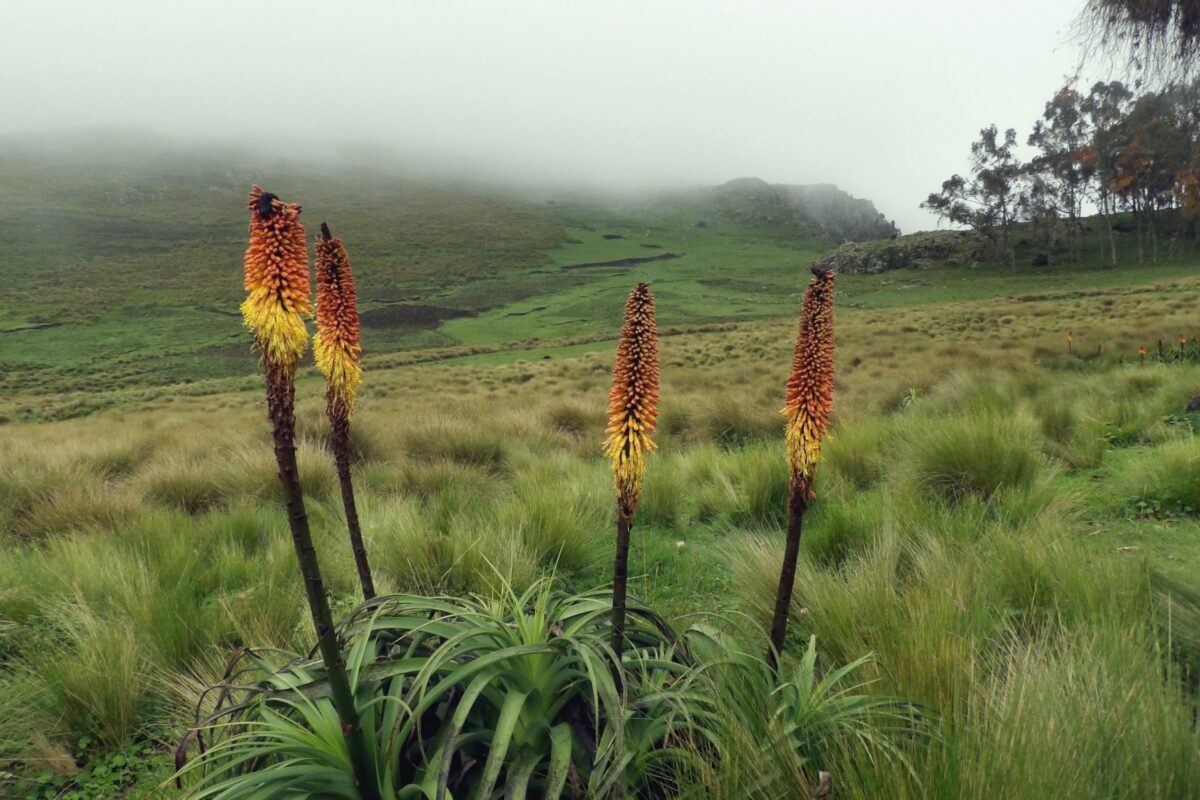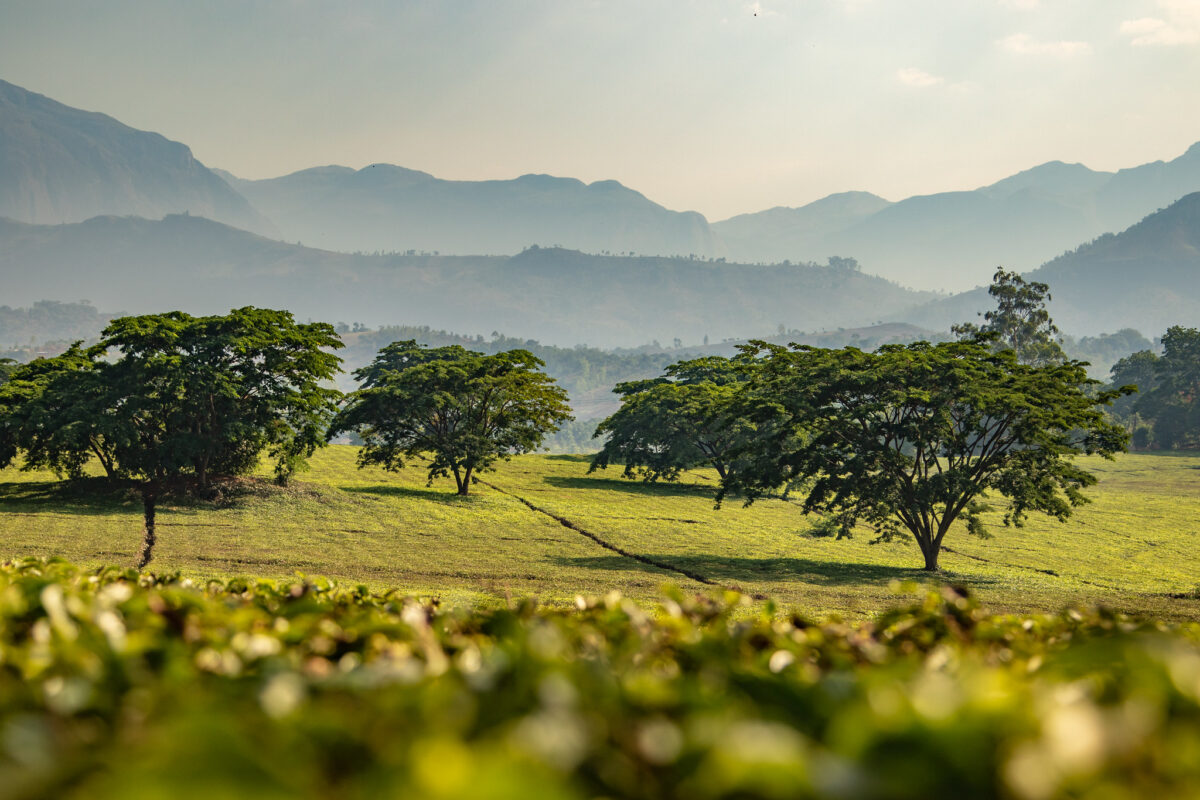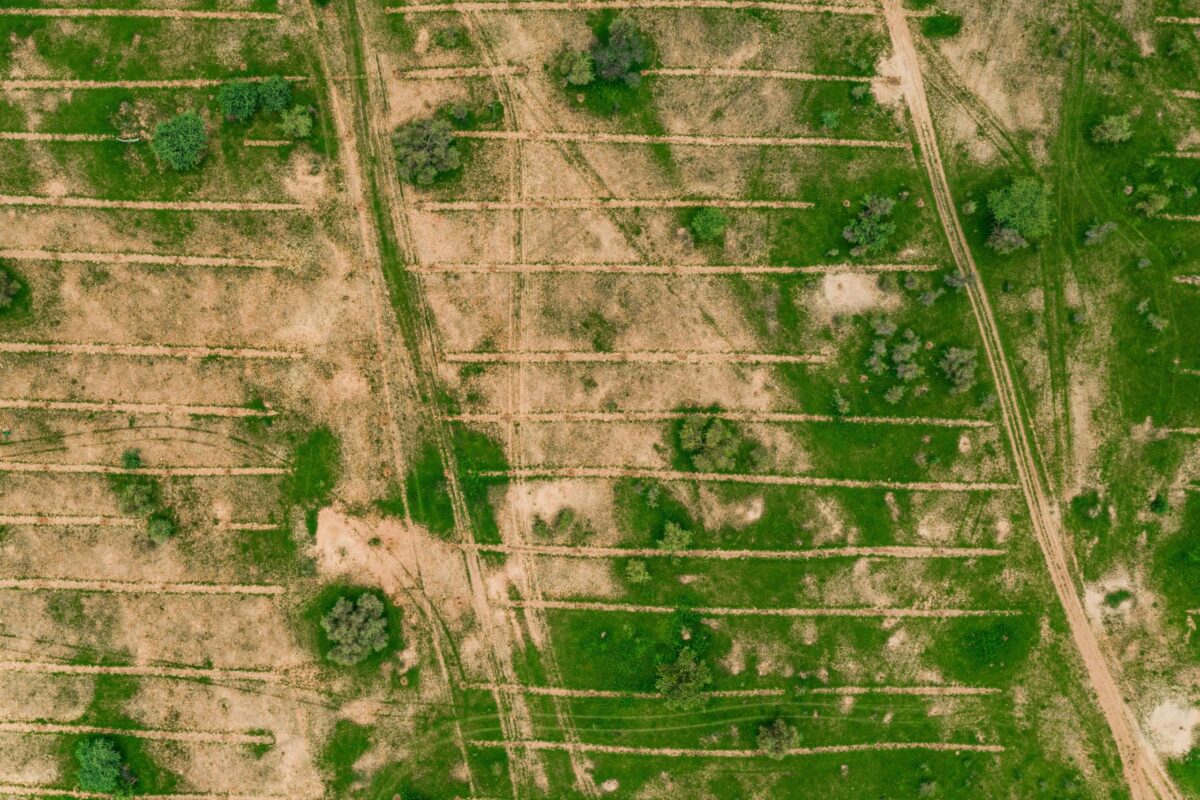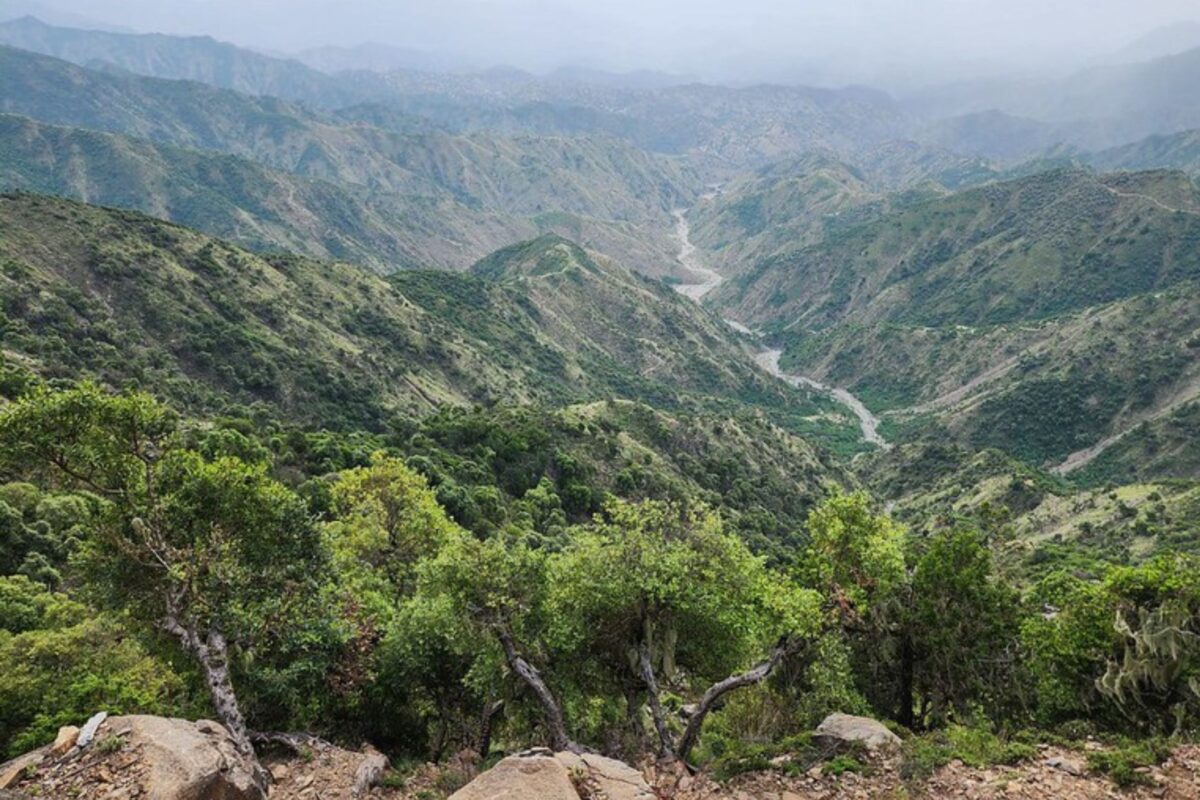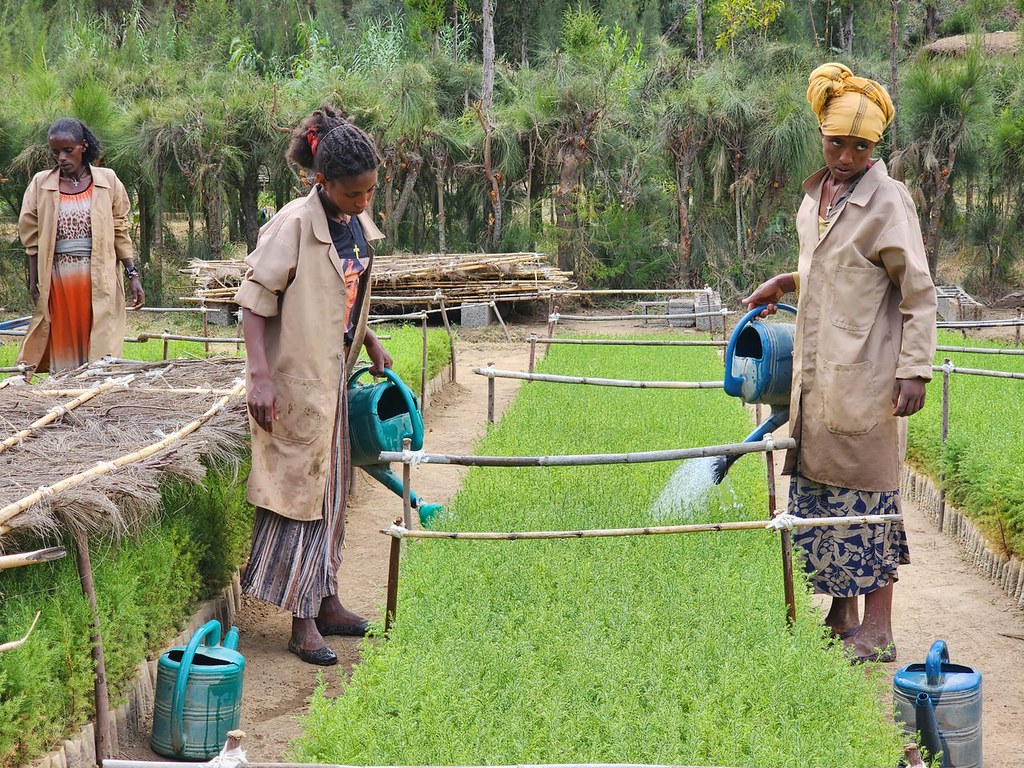When Thomas Sankara became president in 1983, he encouraged the country to rid itself of the memory of colonialism, changing its name from Haute-Volta to Burkina Faso, the “land of the honest men”, as a symbol its new independence. He was also among the first presidents in the world to call for gender equality and widespread reforestation efforts to end the country’s poverty.
Sankara argued that:
“We cannot grow if we do not take our destiny in our hands. This country is not poor. We must get to work”.
Through the People Development Program, Sankara established a variety of different schemes to get people planting trees to halt deforestation and to push back the encroachment of the Sahara Desert. Sankara launched a campaign known as the “Three Struggles” to end the unregulated use of wood by criminalizing behaviors deemed unsustainable, including slash-and-burn practices, the consumption of bush meat and tree-cutting in certain areas. He proposed that the creation of a green belt for the city of Ouagadougou and its suburbs, the creation of green spaces in urban centers and that wedding ceremonies should involve the planting of trees. He launched a massive reforestation campaign under the slogan: “A village, a grove”, arguing that each village should have its grove. The “A school, a grove” campaign followed.
After his assassination in 1987, his ideas continued to live on in the work of various NGOs; his influence on modern day projects across the African continent is profound. One could argue that his idea for the green belt exists today as the the Great Green Wall project, currently supported by the African Union.
Almost thirty years after the death of its leader, Thomas Sankara, Burkina Faso has finally got the chance to become the country Sankara dreamt of.
“Our revolution is a cheerful revolution that is always smiling,” according to Sankara.


